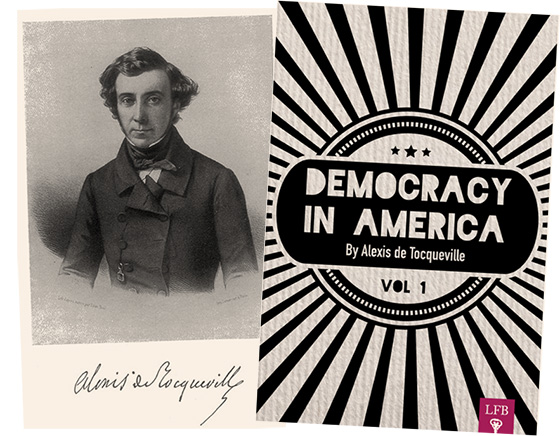“Our crime rate is going up,” proclaimed former President Donald Trump during the Republican National Convention.
But no, says Reason magazine: “Promising To Restore ‘Law and Order,’ Trump Falsely Claims Crime Is Rising.”
I often refer to Reason’s Jacob Sullum for these kinds of statistics, but Sullum may be missing something this time.
Setting aside the new journalistic cliché of accusing Trump of “falsely claiming” in the headline, what of the stats?
1. “Violent crime in the United States has fallen precipitously since 1993, when the homicide rate was 9.5 per 100,000 residents. By 2013, the rate was less than half that number.”
2. “[T]he most notable recent increase in the homicide rate happened on Trump’s watch, and violent crime has been falling since then.”
Crime did indeed spike under “Trump’s watch.” But was Trump to blame?
Crime spiked in the “Summer of Love” as a result of the mass protests against George Floyd’s death, the left’s demands to “defund the police,” and the climate of approved (“mostly peaceful”) violent riot. Trump’s enemies caused all this. Much of it may have been fueled by pandemic anxieties, but there was another factor: the Democrats’ anarcho-tyranny push to pry Trump out of office in annus horribilis 2020.
Since then crime, which is usually under-reported, now appears to be increasingly under-reported for systemic reasons. Some crimes, such as theft, have been demoted in the law books, allowing theft to run rampant in several major American cities — not just San Francisco — thereby disallowing the uptick in crime to even hit the stats.
What if bad data is the consequence of such policy?
Meaning the perception of an increase in crime is true … at least in some places.
This is Common Sense. I’m Paul Jacob.
Illustration created with PicFinder and Firefly
—
See all recent commentary
(simplified and organized)





